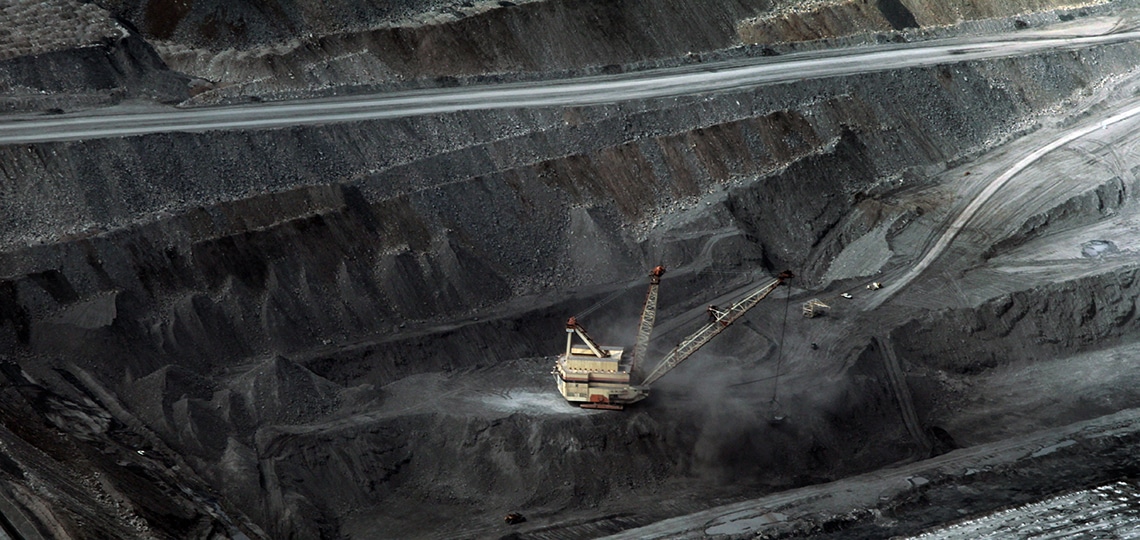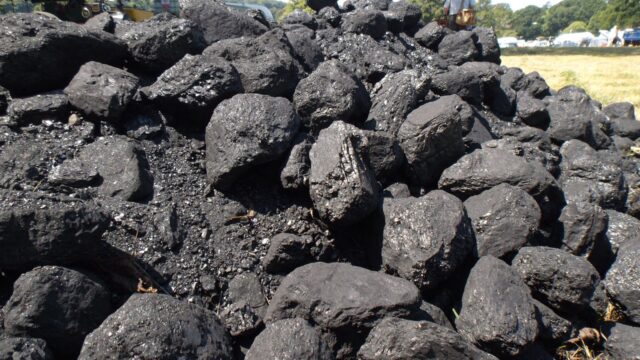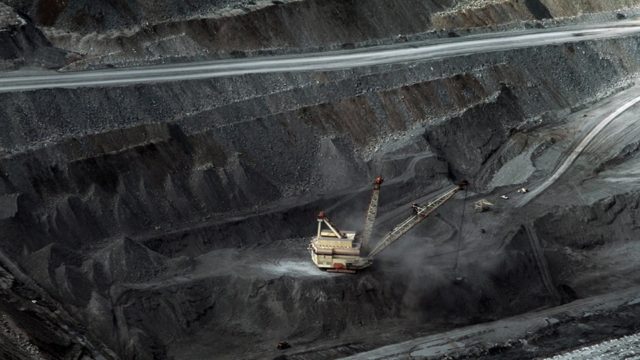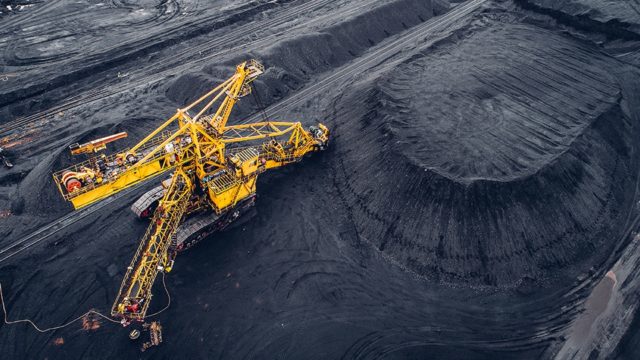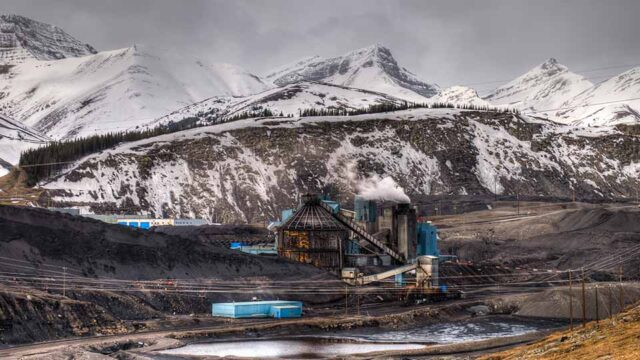CALGARY/TERRITORIES OF THE BLACKFOOT AND PEOPLES OF TREATIES 6 AND 7, HOME TO MÉTIS NATION OF ALBERTA, REGION III — Environmental and Indigenous organizations are demanding that Coalspur’s Vista thermal coal mine expansions must be designated for federal impact assessment — noting threats to endangered species, the climate and Indigenous rights.
Ecojustice has submitted a new designation request under the recently amended Impact Assessment Act, on behalf of community organizations Keepers of the Water and the West Athabasca Watershed Bioregional Society. The groups are calling on the Minister of Environment and Climate Change to designate the expansions for a federal impact assessment.
Located near Hinton at the foot of Alberta’s Northern Rockies, once expanded, Vista would be the largest thermal coal mine in Canadian history. The two proposed expansions are expected to have disastrous impacts on surrounding water and land, endangered species and nearby communities — this includes potential impact on Indigenous communities’ rights to hunt, fish and gather.
While the Vista mine expansion had previously been designated for federal assessment, the Supreme Court of Canada’s (SCC) ruling that found parts of the Impact Assessment Act (IAA) unconstitutional resulted in the rescission of that designation. Today’s request to again designate the mine is being made following the federal government’s recent amendments to the IAA, which have addressed the Supreme Court ruling.
Both proposed expansions are also set to contaminate and destroy the habitat of two endangered fish species: Athabasca Rainbow Trout and Bull Trout. Both listed and protected under the federal Species at Risk Act, these unique salmonid species are specially adapted to the cold headwater streams in the Athabasca drainage basin — directly where proposed expansion plans propose digging an open pit mine through their habitat. Their preference for cold water means the fish grow more slowly and spawn later than other trout species, making them especially vulnerable to habitat disruption. In the federal government’s proposed Recovery Strategy for Athabasca Rainbow Trout, habitat disturbance from industrial activities was identified a primary threat to the species.
Thermal coal remains the world’s dirtiest fossil fuel: a report by the International Energy Agency (IEA) found that coal was the “single largest source of global temperature increase” in 2018. The IEA’s 2021 Global Energy Review found that coal had accounted for over 40 per cent of the overall growth in global CO2 emissions in the last year.
Coalspur has stated that the proposed expansions could result in the extraction of up to 15 million tonnes of coal per year. When shipped and consumed abroad, burning this amount of coal would lead to 33 million tonnes of carbon pollution released into the atmosphere annually — equivalent to the amount of carbon pollution produced by seven million passenger vehicles in one year.
This comes at a time when the federal government has already committed to banning the export of thermal coal from Canada by 2030.
Daniel Cheater, lawyer at Ecojustice, said: “The two Vista expansions will have potentially irreversible impacts on the environment, including on the habitat of Athabasca Rainbow Trout and Bull Trout, two at-risk fish populations protected under the federal Species at Risk Act. A federal impact assessment is critical to make sure local communities and the public understand the disastrous impacts of the proposed expansions before they can occur, and to decide whether they can be mitigated or not.”
“This designation is the next step in a nearly five-year, community-led fight calling on the federal government to fully evaluate the impact of the Vista coal mine expansions. We rely on impact assessments to limit harms to the environment, the climate, human health and Indigenous Peoples — all of which are at risk if this expansion is approved.”
Jesse Cardinal, Executive Director, Keepers of the Water Society, said: “At a time when we are experiencing the catastrophic impacts of climate change — severe droughts, massive forest fires, extreme heat waves — this is no time to allow a massive thermal coal mine to be expanding. Doing so would mean turning the dial to high intensity on the climate impacts we are already experiencing, putting society and Indigenous Nations at further risk.”
Art Jackson, President, West Athabasca Watershed Bioregional Society, said: “We are deeply concerned about the proposed Vista coal mine expansions, and with the ongoing and cumulative destructive impacts to our water, land, air and wildlife habitat. The federal government has committed to banning the export of thermal coal from Canada by 2030. All future generations will suffer from the impacts from these destructive coal mining projects if they continue to be expanded.”
“Jasper National Park, a world treasure, is now in the bullseye and in the news all over the world. This is a specific example of what the heating of our planet is doing to all life forms. Thermal coal is just another fossil fuel source adding to the future disasters we will all experience, such as the massive wildfires now burning up Jasper. This summer is the hottest on record and many other locations in Canada are now on fire. We’re calling on the federal government to stop the continuous resource expansion of a very toxic and dangerous fuel source, and instead prioritize all forms of life and all of our futures.”

